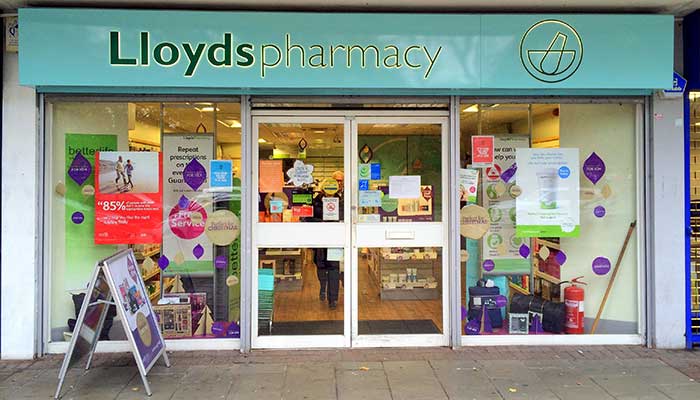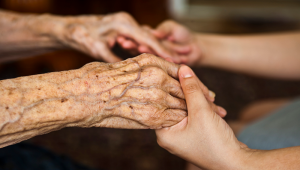
Photo: iStock
NHS England will lead a review of low value prescription items from next month to inform guidance for clinical commissioning groups.
CCGs have already identified products and medicines, which they say offer limited clinical benefit to patients and could save the NHS £128m.
Dr Graham Jackson, co-chair of NHS Clinical Commissioners, said: “We need to be honest with the population – the NHS can and does provide high-quality cost-effective care, but our ability to continue to do so will be restricted if we can’t prioritise those areas which will get the best outcomes for patients, whilst getting the best value for our limited NHS budget.”
An NHS England spokesman said: “New guidelines will advise CCGs on the commissioning of medicines generally assessed as low priority and will provide support to clinical commissioning groups, prescribers and dispensers.”
Prescriptions that could go include travel vaccines, gluten-free foods and omega 3 and fish oils. A full list of the first group of 10 types of prescriptions to be considered is below.
Julie Wood, chief executive of NHS Clinical Commissioners, said spending on medicines in the NHS was more than £15bn and was, therefore, the second largest area of spend after staffing costs.
“This is not about cutting essential services or restricting access for patients to services they need, it is about allowing local clinical leaders to make the best and most efficient use of the money CCGs have available to spend in really challenging circumstances,” she added.
NHS England says it will consult with patients groups as was as clinicians, commissioners and providers across the NHS to draw up the guidelines.
First 10 products to be considered as low priority for NHS funding |
1. Co-proxamol (£8.32m) |
2. Omega 3 and fish oils (£5.65m) |
3. Lidocaine Plasters (£17.58m) |
4. Rubefacients (£6.43m) |
5. Liothyronine (£30.93m) |
6. Tadalafil (£10.51m) |
7. Doxazosin MR (£7.12m) |
8. Fentanyl (£10.13m) |
9. Some gluten free foods (£21.88m) |
10. Travel Vaccines (£9.47m) |
|
CCGs are keen to explore other products, such as those for upset stomach, antihistamines, sun cream, cough and cold remedies, heartburn and indigestion products, that sit within the self-care agenda where it is believed a significant sum of money could be released. |



















